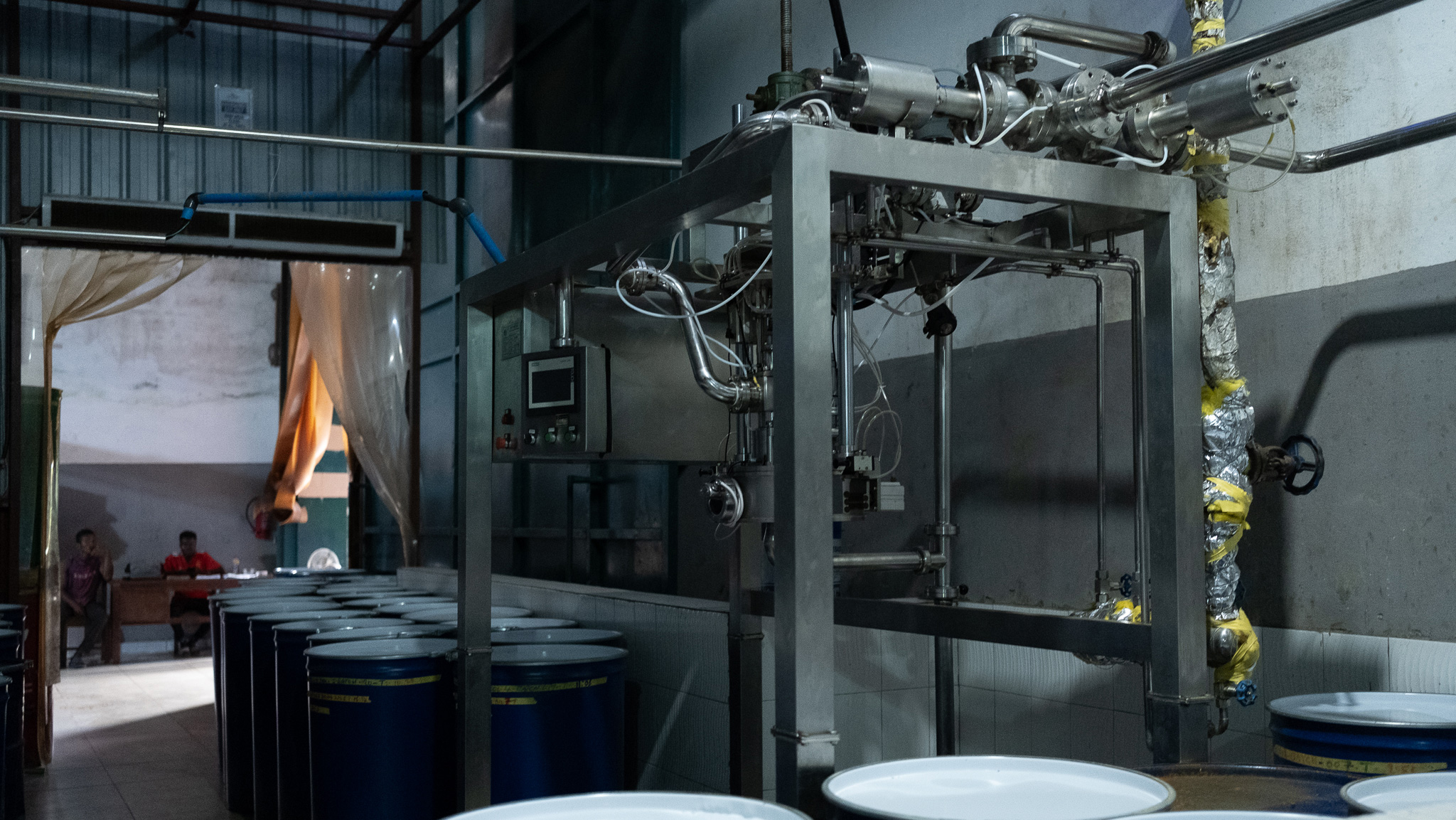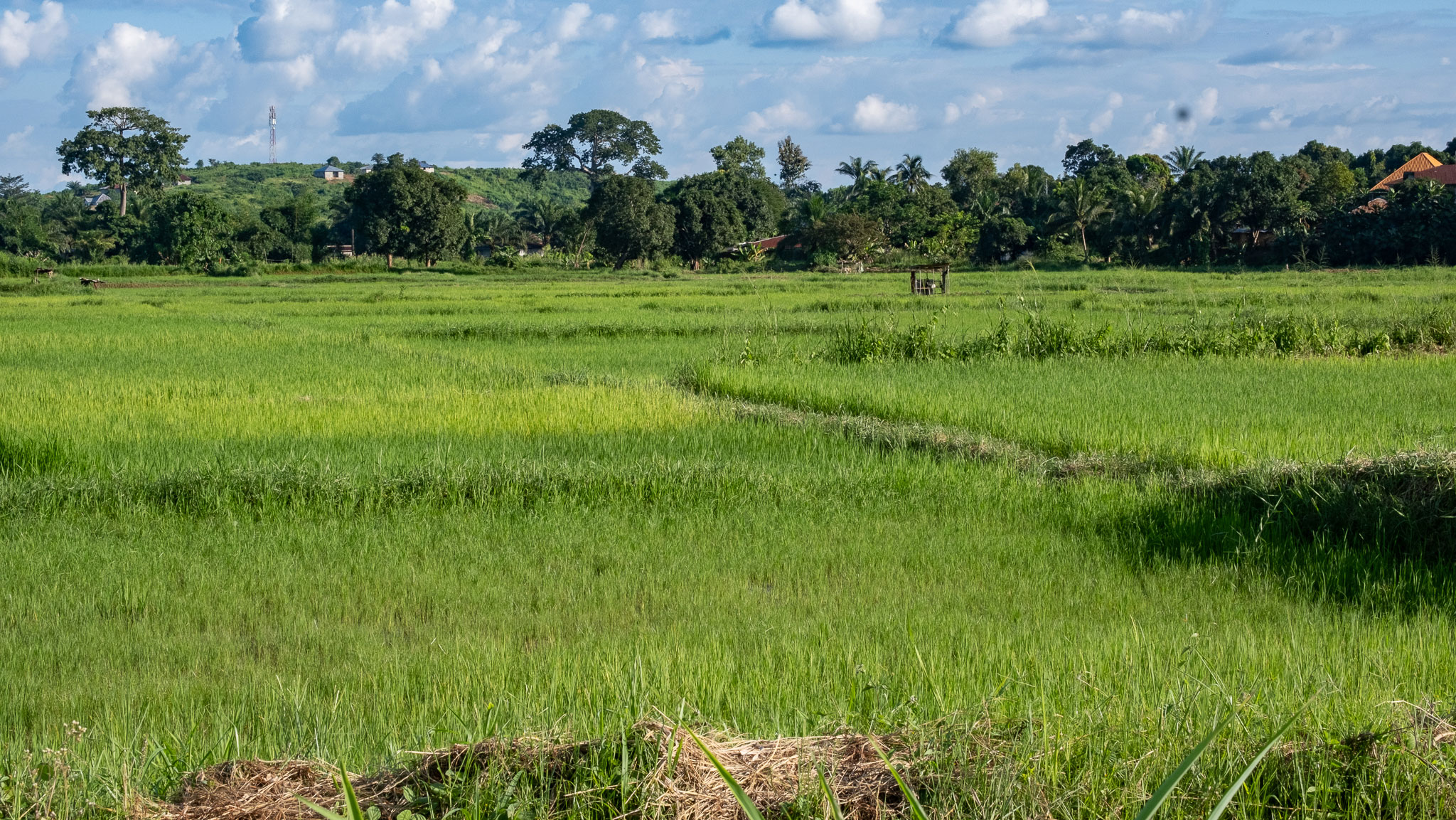areas of Intervention
- As part of the effort to reduce post-harvest losses, increase value addition for key cash and food crops and link farmers to market, the key areas of intervention are as follows:
- Setting up of the National Farmers Registry and develop the MAFS Agriculture Data Hub.
- Establishment of rice production clusters across the nine (9) key districts.
- Investing in agricultural research and innovation to develop new technologies and practices.
- Promoting climate smart agricultural practices, including promotion of organic fertiliser, and reducing waste through a circular economy approach in our farming systems.
Overview
Agricultural technology (AgTech) tools have shown a lot of promise in responding to challenges facing the sector and they have been instrumental in addressing some of the perennial challenges. In 2018, DNA sequencing techniques were used to identify and control early Cassava Mosaic Disease that affect productivity in 12 Cassava plants (Directorate of Science, Technology and Innovations, 2019). In 2019, the Ministry of Agriculture introduced an e-Voucher scheme that involved the use of a technology platform 25 in the disbursement and transfer of value as well as liquidation of funds through the normal bank settlement systems.


Given that Sierra Leone has been identified as one of the most vulnerable countries to climate change (The World Bank, 2018). Feed Salone plans to leverage AgTech tools to provide farmers with information about possible changes in weather patterns, climate smart agricultural practices and techniques that are needed to respond to these changes. This strategy will, therefore, scale up the current e-extension infrastructure, and train farmers in climate-resilient techniques. As part of the programme, technology will connect all actors in the value chain, improving relationships and creating links for farmers, extension workers, researchers, and processors, enhancing processing and marketing linkages.